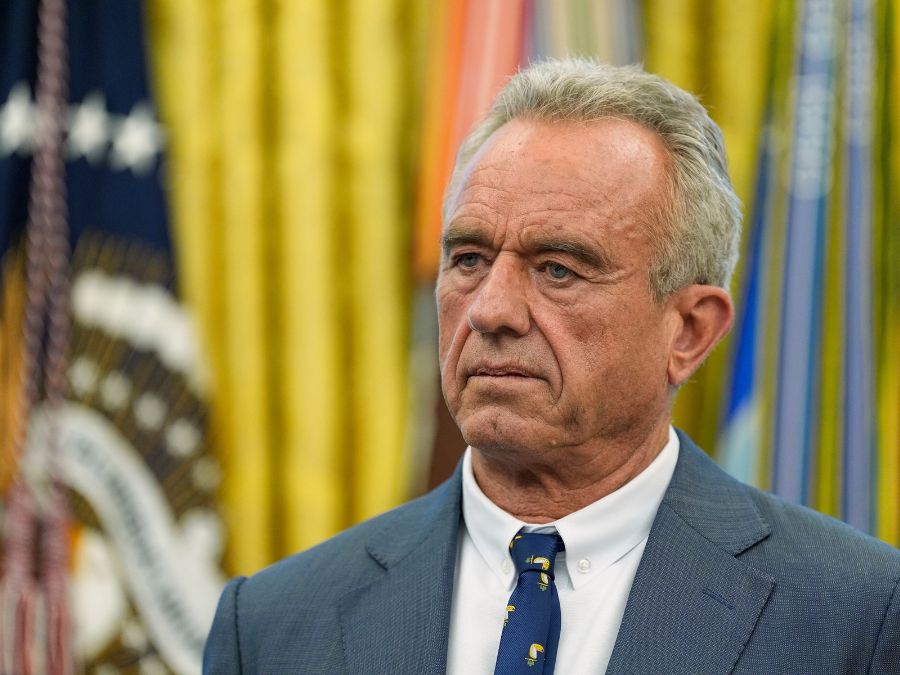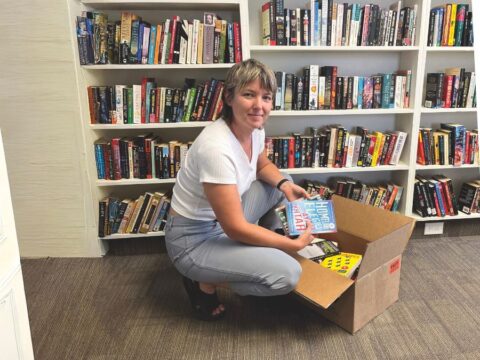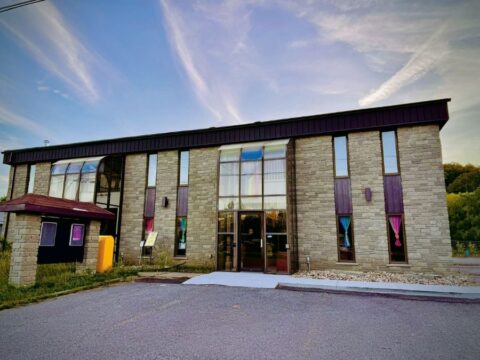My name is Wanda Deschamps, and I’m an autistic. I was diagnosed when I was 46 years old. I have my own firm, I’m married and I have two neurodivergent sons.
So when I heard U.S. Secretary of Health and Human Services Robert F. Kennedy Jr. recently describe autism as both an epidemic and a “tragedy” that “destroys families,” I felt compelled to speak out.
You may unsubscribe from any of our newsletters at any time.
In case you missed the news conference he gave last month, he said:
“…these are kids who will never pay taxes. They’ll never hold a job. They’ll never play baseball. They’ll never write a poem. They’ll never go out on a date. Many of them will never use the toilet unassisted.”
Kennedy has even gone so far as to call autism a “preventable disease” and suggested the creation of an autism registry.
I don’t usually respond publicly to offensive headlines about autism, especially those coming from south of the border. But this time felt different. I see this as an opportunity not just to respond, but to start a conversation about what autism truly is, from the perspective of someone who lives it every day.
First, let’s be clear: autism isn’t a disease. It’s a form of neurodivergence — a naturally occurring variation in brain makeup that impacts how people communicate, perceive and experience the world. We’ve spent decades parroting harmful myths about its causes, from inattentive mothers, to vaccines, to Kennedy’s recent false claim about environmental toxins. It’s true that environmental factors like parental age or aspects of fetal development may affect how autism presents, but the U.S. National Institute of Environmental Health Sciences notes that the causes themselves are nuanced and not yet fully understood.
Autism also isn’t the “epidemic” that Kennedy suggests it is. According to the World Health Organization, about 1 in 100 children globally are autistic. In Canada, a 2022 Public Health Agency report noted that 1 in 50 youth under 17 are autistic. These rates vary by country, and in many low-income nations, autism is likely underdiagnosed. But increased diagnosis is actually a good thing. As we learn more about autism, we’re able to better identify it. More people are gaining answers and support. That’s not something to fear — that’s progress.
More on Broadview:
- I learned I had autism at 46. I now understand myself.
- How to improve workplaces for neurodivergent employees
- Inside Nova Scotia’s bold plan to end disability institutions
Just as society includes a spectrum of abilities, so does autism. Some autistics are non-speaking, others are highly verbal. Some need significant support, others less so. We are not a monolith, but we are part of society.
To describe autism as a tragedy or burden is not only wrong, it’s dangerous. The biggest obstacle I face isn’t autism — it’s exclusion rooted in misunderstanding.
So what if instead of asking how to “cure” autism, we asked how to make life more inclusive for autistic people? In a world facing enormous challenges — from climate change to political polarization — we need new ways of thinking, and many autistic people offer just that.
I may not be the force against climate change that my fellow autistic Greta Thunberg is, but contrary to the picture Kennedy paints, I pay taxes, I have a job, I’ve been on dates and yes, I use the bathroom unassisted. These things may sound mundane, but when in a world where we are too often portrayed as burdens, simply living becomes an act of resistance.
I encourage Kennedy to return to the foundation of America’s purpose, which was about creating freedom and liberty for all. As Herbert Hoover, U.S. president from 1929–1933, said:
“Freedom is the open window through which pours the sunlight of the human spirit and human dignity.”
Autistic people yearn to be free, too — free from barriers to our inclusion. And the greatest of those barriers we face is the attitudes that prevent society from making room for our differences.
***
Wanda Deschamps is the founder and principal of Liberty Co, a consultancy focused on increasing neurodiverse employment with a special emphasis on autism due to her own diagnosis at midlife.















Thank you Wanda for your intelligent and well said article. The problem is non inclusion because of what people believe of children and adults with autism. Autistic children and people are very intelligent and can live quite well if they receive the help and assistance they need and DESERVE.